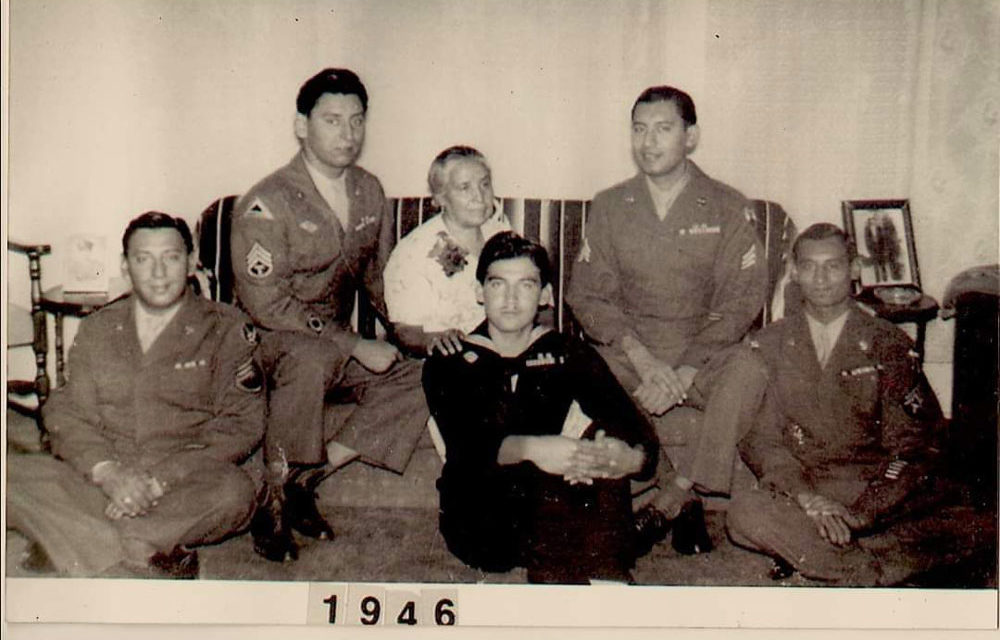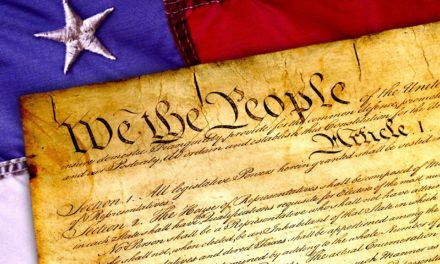On November 11, veterans from seven wars and foreign military conflicts commemorate their military service in the United States armed forces. Veteran’s Day is a special day for many Mexican American families in Texas. Dating back to the 19th century, Mexican Americans have served in every American war.
In my lifetime, Americans have fought in no less than six major wars or conflicts. Our American troops have served in World War II, Korean, Vietnam, Persian Gulf, and Iraq. and Afghan. The United States is also currently engaged in a prolonged 19 year conflict in the Afghan War and a continuing 6 year war with the Islamic State of Iraq and the Levant [ISIL].
The full story about Mexican American military service has yet to be written. I am encouraged by the historical research of Dr. Andres Tijerina of Austin and the American G.I. Forum Commander Larry Romo [Ret. Air Force Colonel] of San Antonio that is recognizing individuals who were bypassed for high military honors.
Dr. Tijerina and Commander Romo have spearheaded an effort to see that justice is done with respect to recognizing outstanding efforts by MexicanAmericans soldiers. One such effort is that of petitioning the Department of Defense on behalf of Pvt. Marcelino Serna who served in World War I.
In the Great War, also known as World War I, Serna’s heroic action earned him the highest medals from the French Government and recognition as the most decorated Texan in that war. While Serna’s battlefield actions surpassed that of any other American soldier, the U.S. Department of Defense blatantly overlooked him for the coveted Medal of Honor.
Suzanne Gamboa of NBC News studied Serna’s war record and concluded: “Racism deprived Latino WWI hero Marcelino Serna.” Gamboa cited a letter to the U.S. Army asking for a review of Serna’s case by the Mexican American Legislative Caucus which pleaded “That Private Serna served during a time of extreme prejudice cannot and must not erase his acts of immense bravery and devotion to the United States.”
Marcelino Serna was born outside of Chihuahua City, Mexico in 1896 and came to the United States at age 19. He worked for the Union Pacific Railroad in El Paso and later migrated to Colorado’s beet fields as a seasonal laborer. He was detained by federal officials while working in Colorado, but Serna’s desire to become a United States
citizen led him to volunteer for Army service. Federal officials informed him that he could return to Mexico, but he rejected their offer and instead enlisted in the U.S. military.
Rolando Duarte, author of an essay on Serna, wrote that “following the deaths of twelve members of his unit, [in the battlefields of France] Serna volunteered to scout ahead. Serna advanced alone until he was close enough to the machine gun emplacement to toss four grenades inside. The blast killed six, and Serna captured the remaining eight German soldiers.”
A few days later, Serna was scouting the Meuse-Argonne battleground region when he spotted a German sniper. Sena followed him to the trenches of his comrades undetected. Circling the trenches with only his pistol, rifle and grenades, Serna led the Germans to believe they were surrounded by a larger force.
Duarte notes that “Serna single-handedly killed twenty-six enemy soldiers and took another twenty-four German soldiers prisoner.” Serna was a master of battlefield tactics, but he also believed that there was a code of honor in warfare. Although ordered by a superior U.S. officer to execute his captives, he refused, arguing that that order went against the rules of war. It is not known if that refusal resulted in his superior’s negative view of Serna. Four days before the signing of the Armistice, Serna was shot in both legs by a German sniper. He was hospitalized in France and survived.
Serna’s actions earned him the second highest American combat medal, the Distinguished Service Cross, two French Croix de Guerre with palms. French Médaille Militaire and an Italian Croce al Merito di Guerra, In addition, Serna received a French Commemorative Medal, a French St. Mihiel Medal, a French Verdun Medal, a Victory Medal with five stars, a Victory Medal with three campaign bars, and two Purple Hearts.
Following the end of the war Serna returned to El Paso where he met and married Simona Jimenez. They raised six children and were devoted members of Saint Ignatius Catholic Church. Serna became a United States citizen in 1924 and worked as a truck driver and later as a plumber at Fort Bliss and the Army Medical Center. He remained active with the Veterans of Foreign War his entire life and died peacefully at the age of 96.
Serna’s story was uncovered nearly 75 years after his service in World War I. It is highly probable that other stories like his are buried in the war records of the U.S. Defense Department. An excellent model for uncovering
these stories is the Voces Oral History Project (formerly the U.S. Latino and Latina World War II Oral History Project) directed by UT Austin Journalism Professor Dr. Maggie Rivas-Rodriguez. Dr. Rivas-Rodriguez and her students have interviewed many Mexican American veterans. In addition, they have videotaped interviews with over 960 Latino men and women throughout the country.
Fairness in American history requires that we explore the true history of the role of Mexican Americans who served and showed bravery above and beyond the call of duty. The story of such heroic individuals calls for a combined effort of trained historians, student researchers, and engaged community and family members. Si Se Puede!
A Mexican American War Hero: Marcelino Serna












